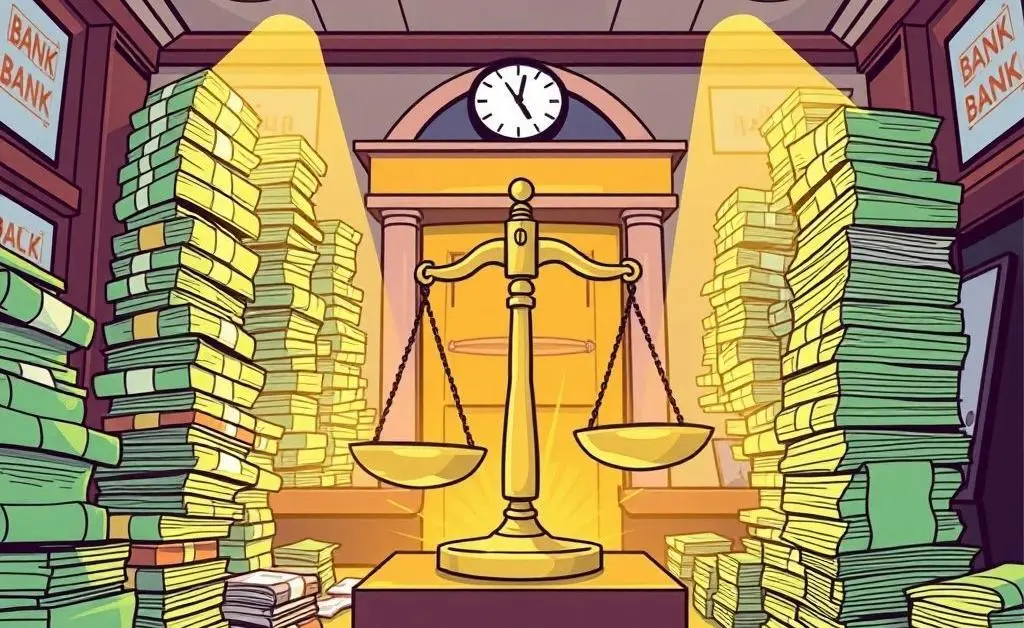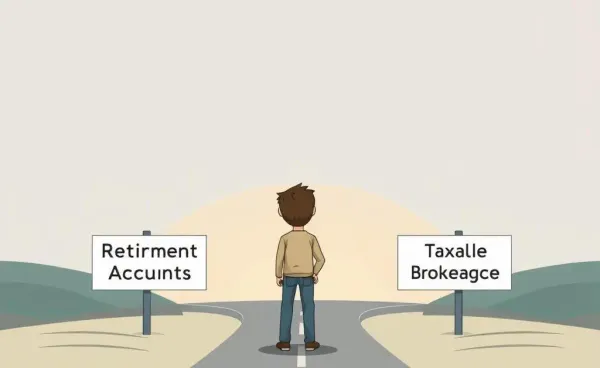How Financial Discrimination Affects Everyone: A Closer Look
Understanding why financial discrimination matters and how it impacts us all.

I've been thinking a lot about financial discrimination lately. It's one of those complex issues that, to be honest, many of us don't realize we might encounter until we’re caught up in its web. Whether it's unequal access to banking services or perceived bias based on one’s beliefs or background, financial discrimination is more common than we imagine.
What is Financial Discrimination?
In simplest terms, financial discrimination occurs when people are treated unfairly by financial institutions due to factors that shouldn’t matter—like their political views, race, gender, or religion. While individual policies might differ across banks, the core idea remains: everyone deserves equal access to financial services.

Why Does this Matter?
You might be thinking, "Well, why should I care? I’ve got my banking sorted out." But here's the thing—discrimination in finance doesn’t just affect those who experience it directly. It undermines trust, creates inequality, and often skews markets, impacting us all, including those on the other side of the counter. Plus, the more we’re aware, the better equipped we are to identify and challenge these prejudices.
Real-World Impacts
Consider this: A small business run by someone from a marginalized community might struggle to secure a loan not because the business idea isn’t solid, but because of an institutional bias. What could be an economic opportunity for one and a service for others becomes lost potential. These kinds of scenarios illustrate the widespread implications financial discrimination can carry.

Addressing Financial Discrimination: What Can We Do?
As consumers, there are a few steps we can take to combat discrimination in the financial sector:
- Stay Informed: Knowledge is power. Understanding your rights as a financial consumer is the first step to preventing discrimination.
- Speak Up: If you or someone you know becomes a victim, raise the issue with financial institutions and regulatory bodies.
- Support Fair Practices: Choose to bank with institutions that have a clear track record of supporting equal access to services.

Let's Keep Talking
Financial discrimination is a multifaceted issue that requires collective action. It begins with conversation, both in understanding the problem and in taking actionable steps. After all, the more we talk, the closer we get to a fairer financial world. What's your take—how do you think we can drive more equality into the very backbone of our financial systems?




